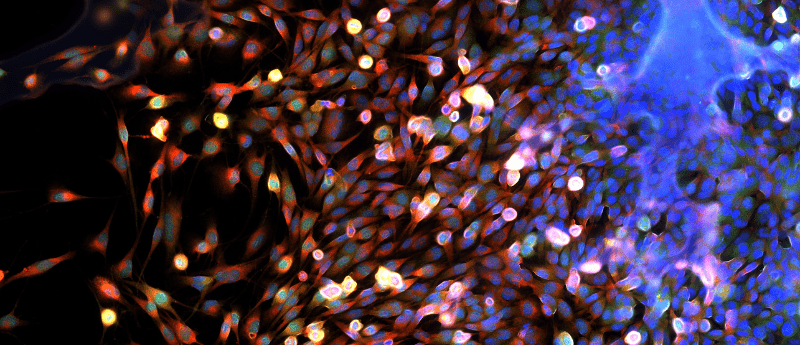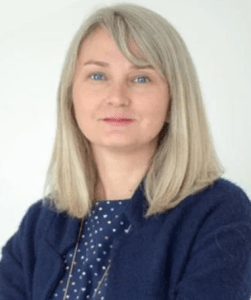Innovations in brain tumor research: an interview with Karen Noble

 In this interview we speak with Karen Noble from Brain Tumour Research (UK) about her career in cancer research, with a particular focus on the ground-breaking research taking place in neuro-oncology, pushing forward our understanding of conditions such as glioblastoma.
In this interview we speak with Karen Noble from Brain Tumour Research (UK) about her career in cancer research, with a particular focus on the ground-breaking research taking place in neuro-oncology, pushing forward our understanding of conditions such as glioblastoma.
Could you tell us about the latest developments in brain tumour research and what projects the charity is currently focusing on?
The vision of Brain Tumour Research is to find a cure for all types of brain tumours. Our mission is to increase the UK investment in research to £35 million a year while fundraising to create a sustainable network of seven Brain Tumour Research Centres of Excellence across the UK. Currently, we are funding research at four Centres of Excellence, at Imperial College London, University of Plymouth, Queen Mary University of London and the Institute of Cancer Research, London (all UK).
Our Centres focus on a number of different types and aspects of brain tumors in order to give us the best chance of finding effective treatments and lifesaving surgical tools which will improve both longevity and quality of life. At Imperial College London the team is delivering projects which will transform neurosurgery and imaging to improve patient outcomes whilst the laboratory team is studying brain tumor metabolism. Just recently, our Imperial Centre supported a clinical study which has shown that a simple blood test could be used to help diagnose high-grade glioma tumors, meaning that patients could be spared high-risk, invasive surgery.
The Plymouth team has a world-leading track record in researching low-grade brain tumors, which can present life-long challenges for the patient. By identifying and understanding the mechanism that makes a cell become cancerous, the team is exploring ways to halt or reverse this. Recent news from this Centre has included the development of a new technique to grow meningioma tumour cells in the laboratory, providing an improved platform for drug discovery and testing which may increase the success of future clinical trials…
The opinions expressed in this article are those of the author and do not necessarily reflect the views of Neuro Central, Oncology Central or Taylor & Francis Group.